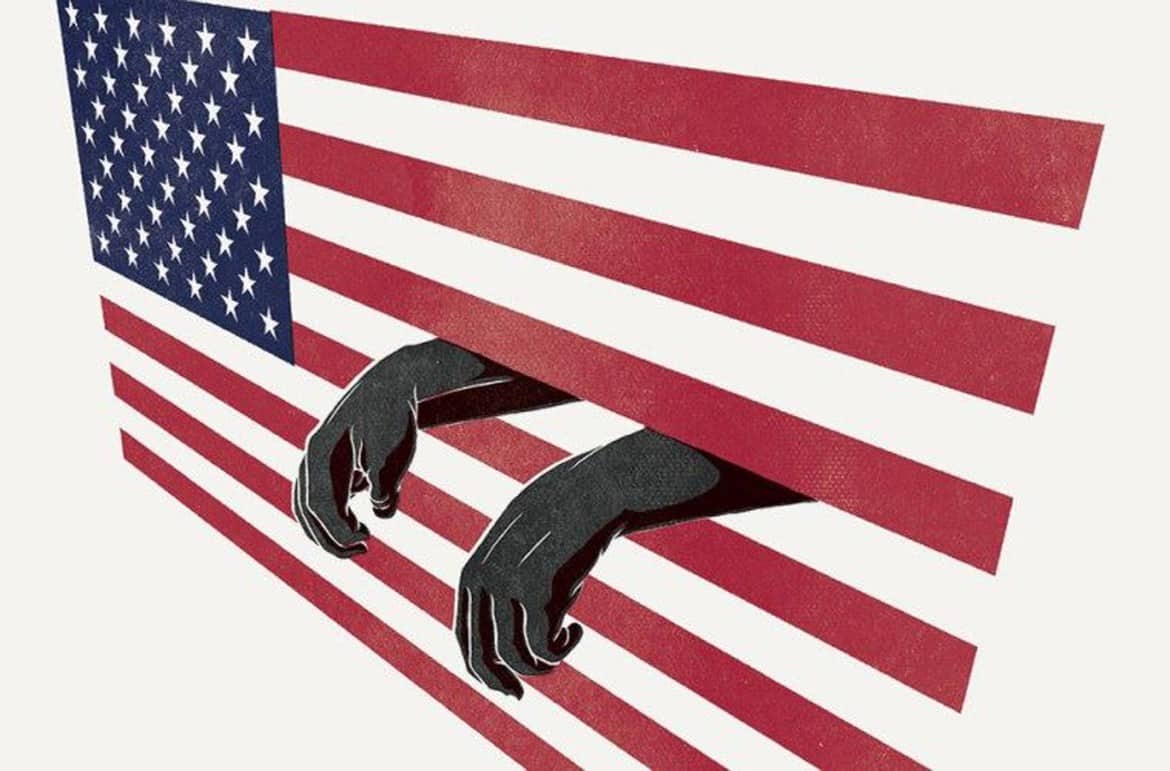By Ivy Lewis, Guest Writer
The United States has gained notoriety as the nation with both the largest total prison population and highest rate of incarceration per capita in the world.
Despite representing 4.4% of the global population, American prisons and jails house approximately 22% of all prisoners in the world. As of 2021, 2.1 million American adults are incarcerated in state prisons, county jails and federal detention facilities. Including those on parole and probation, over 7 million American adults are currently under the supervision of the adult correctional system.
When broken down by race, the disparity between Black men and the rest of the population becomes stark; despite accounting for 6.5% of the general population, Black men make up 33% of the prison population. These statistics highlight the need for a radical restructuring of the U.S. correctional system. Particularly, they show the need to move from punitive punishment to community-based prevention and justice.
The shift towards mass incarceration began with the War on Drugs campaign of the early 1980s and intensified when the Clinton administration imposed longer sentences and stricter sentencing standards for nonviolent offenders.
The number of Americans in prison has more than tripled since 1984 following the passage of the Sentencing Reform Act (SRA), a Reagan-era measure intended to deter crime and establish strict “mandatory minimum” sentences for those convicted. The SRA also abolished the option for parole for those in federal prisons, effectively ensuring that a significant number of incarcerated Americans will never be able to rejoin society.
It is important to note that these laws did not result in a lower rate of crime. In reality, the Reagan and Clinton administrations both saw increased rates of crime, largely due to the disruption of community and family structures that resulted from increased incarceration.
The fact that prison does not prevent crime or rehabilitate prisoners serves as a reminder that incarceration in the United States has never existed to promote public safety or offer justice for victims of violent offenders.
From their conception, American prisons have functioned as a form of legal slavery under the 13th Amendment to the Constitution. This amendment states that Americans will not be forced to experience “slavery nor involuntary servitude, except as a punishment for crime whereof the party shall have been duly convicted.”
The intentional exclusion of prisoners from basic human rights has effectively allowed the United States to exploit the labor of a marginalized class of people, a class that can be defined and redefined arbitrarily.
Community reform advocates have argued that the only way to prevent crime is to restructure the society that produces criminals. Decades of research have demonstrated that poverty, lack of access to quality education and disillusionment within society are significant contributing factors in the perpetration of crime.
To create the kind of society people want to participate in lawfully, we must address the structural inequalities that lead to crime. This would involve reforming K-12 education, college and the workplace to allow everyone an equal chance to achieve stable, equitable employment. Only after giving everyone a reasonable chance to achieve a stable life can we begin to look at incarceration as an option for severely violent offenders.
As long as it is legal to force people into involuntary servitude under the guise of punishment and rehabilitation, prison cannot be considered a just institution. When less than 1% of rapists will ever be convicted or sentenced, prison cannot be considered a form of protection from violence.
As it currently stands, the prison system in the U.S. should not exist. Whether the prison system should be completely abolished or reformed through gradual changes is a matter of debate. Through a combination of reform and societal restructuring, it is possible to create a world without mass incarceration.














You must be logged in to post a comment.